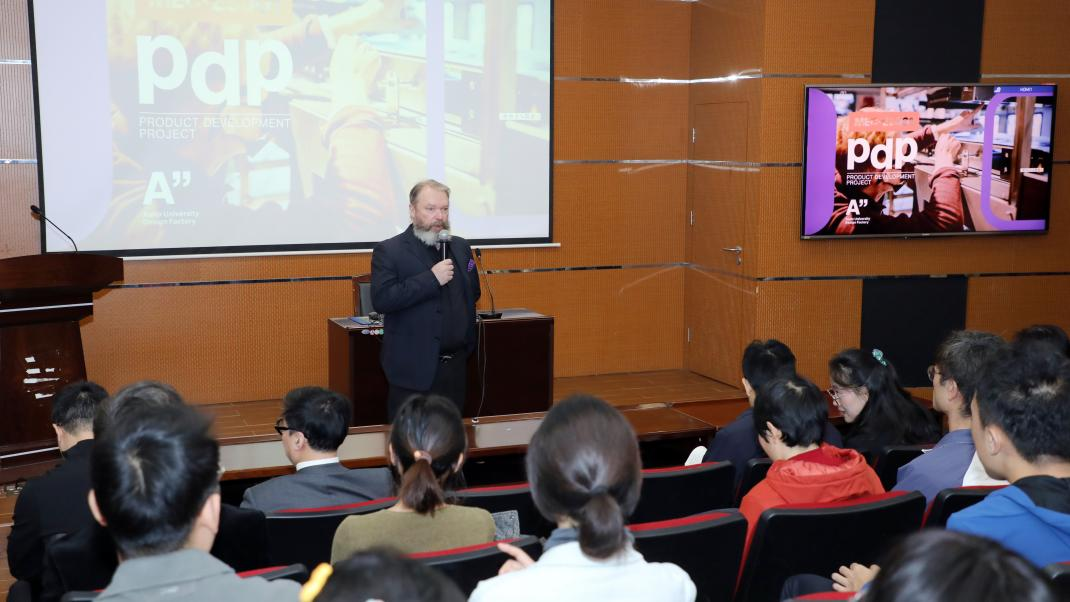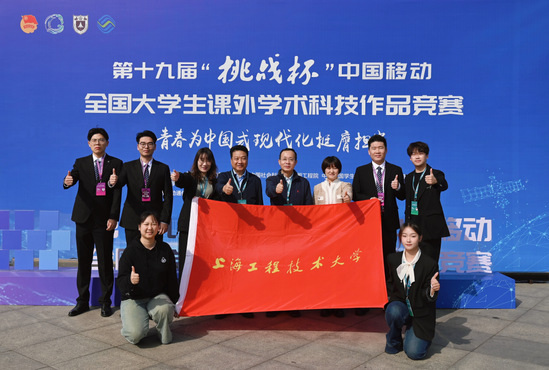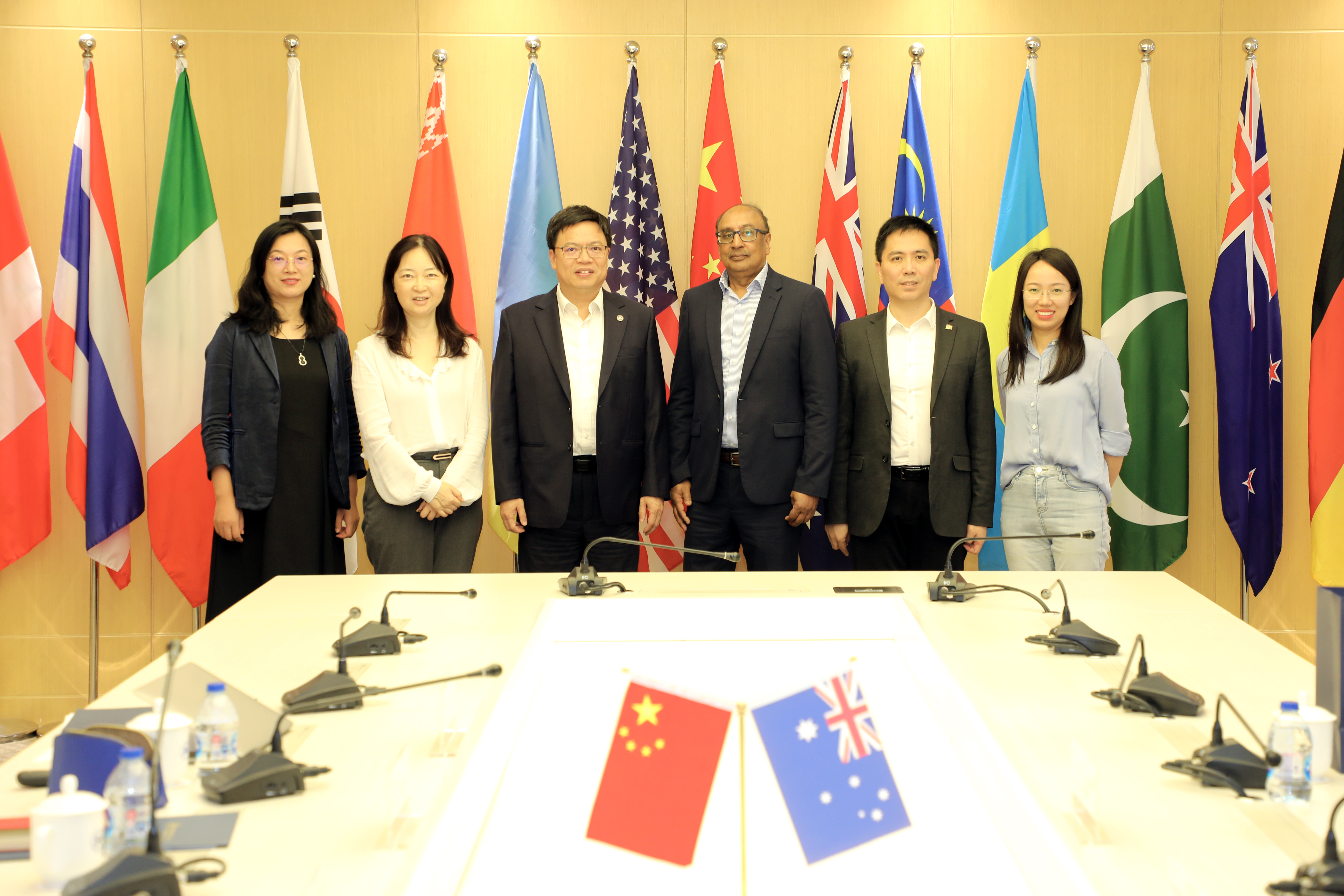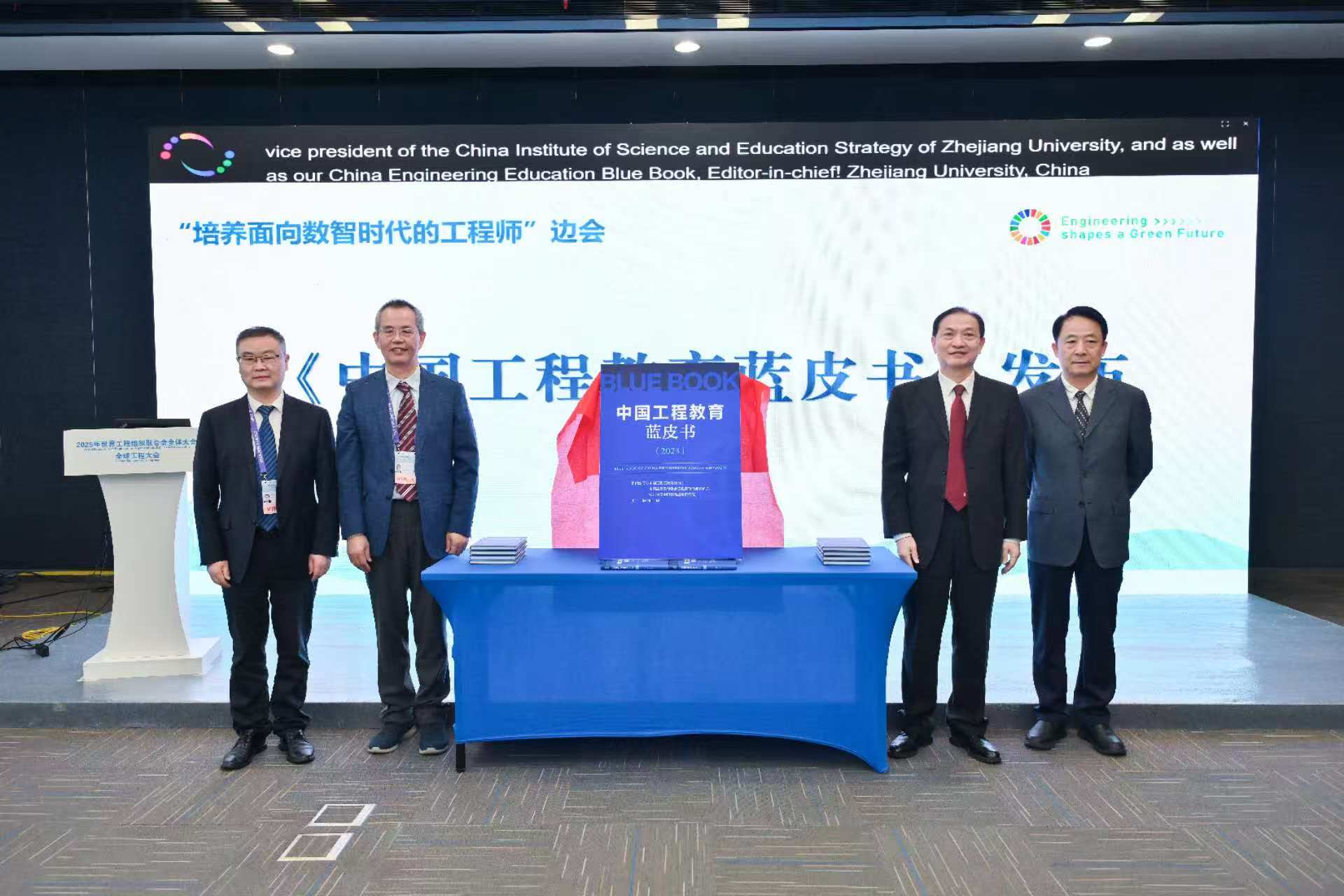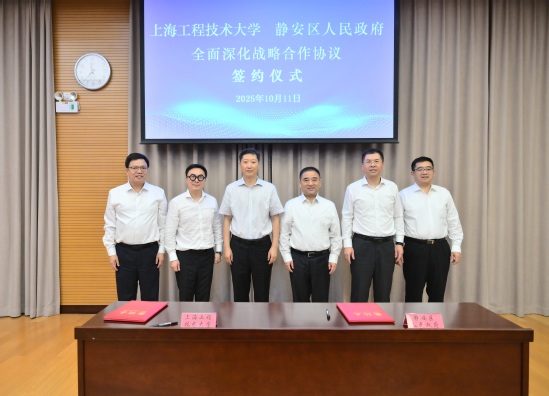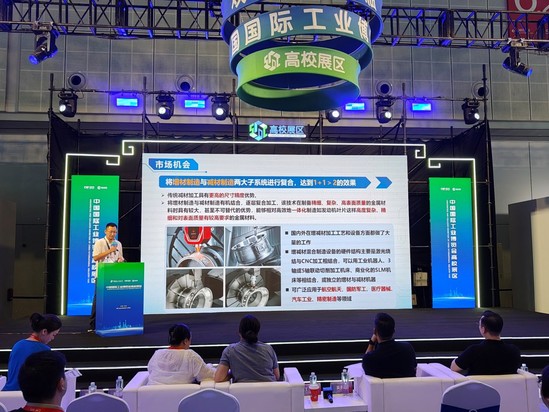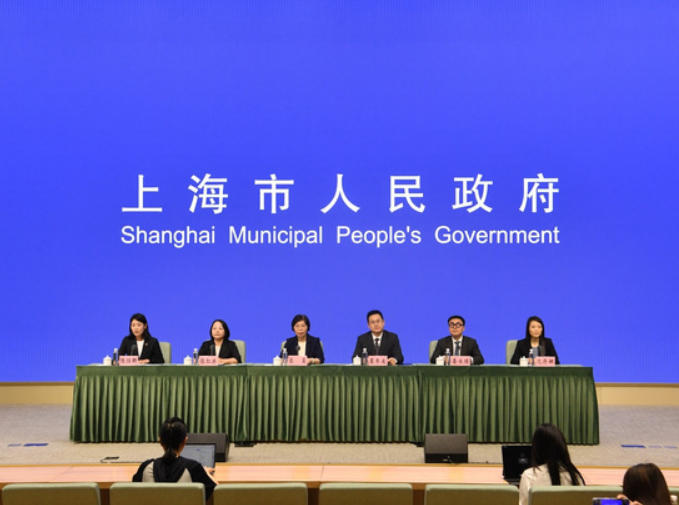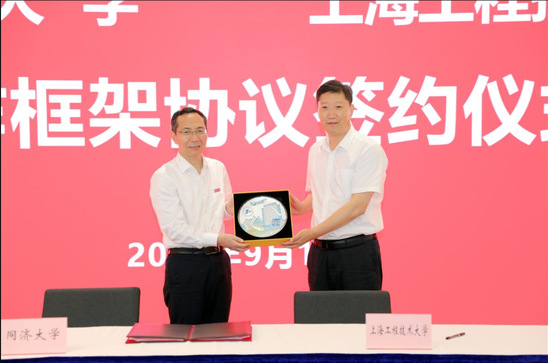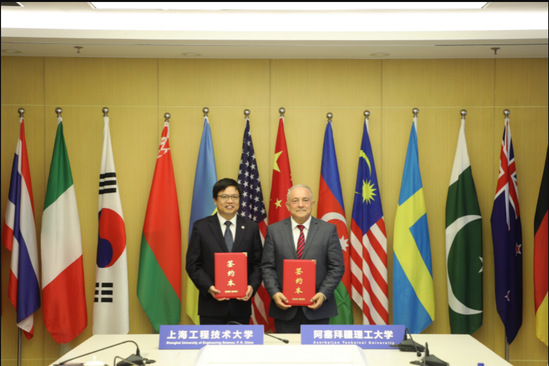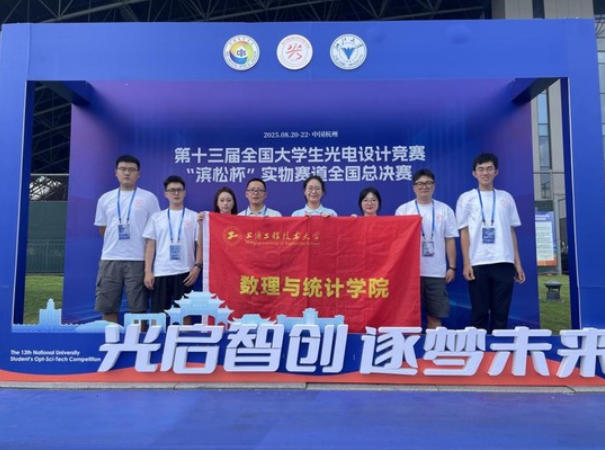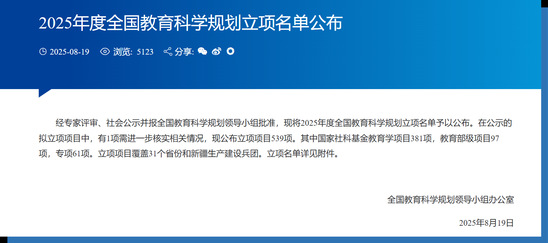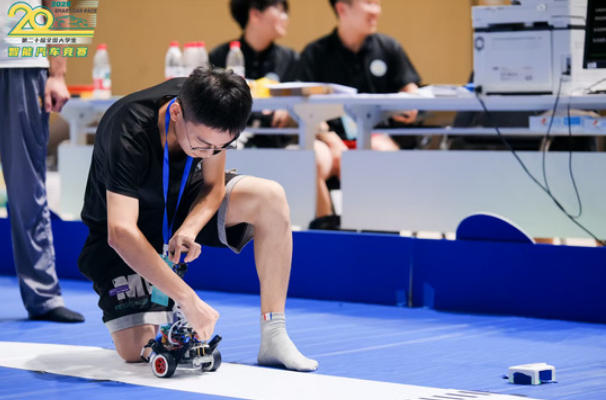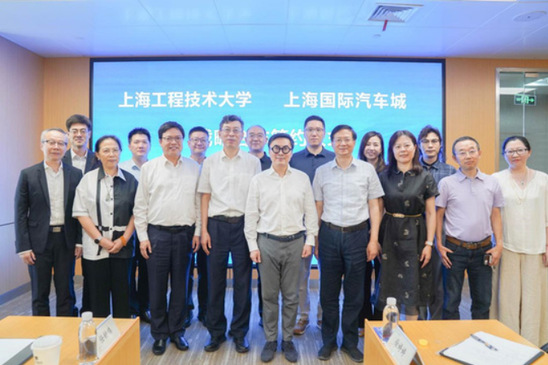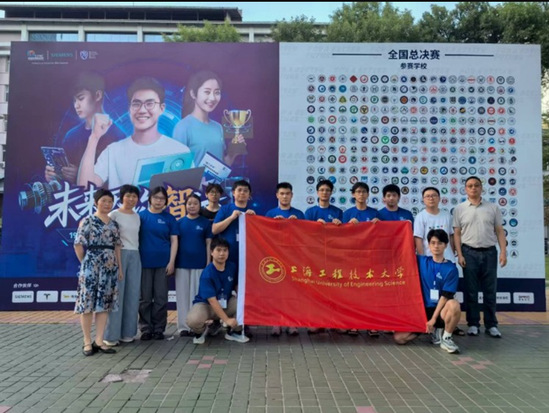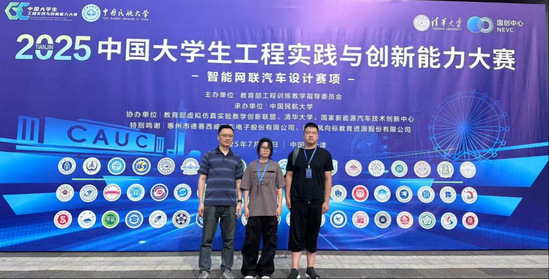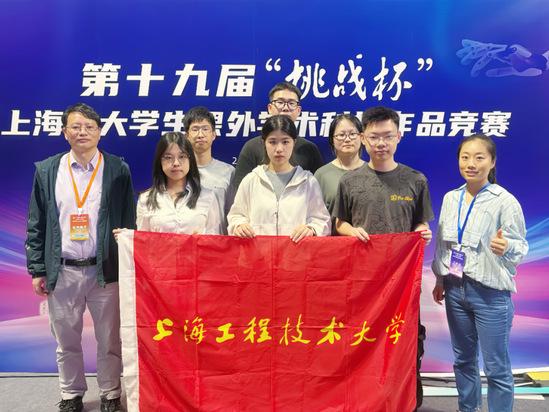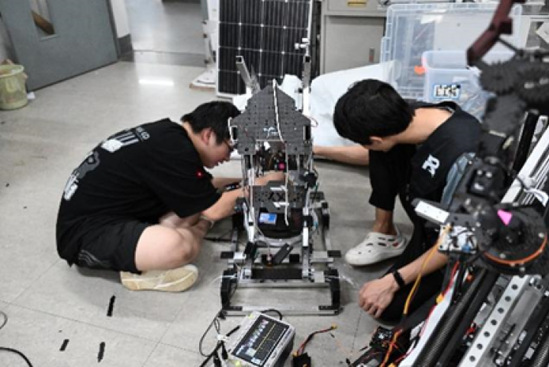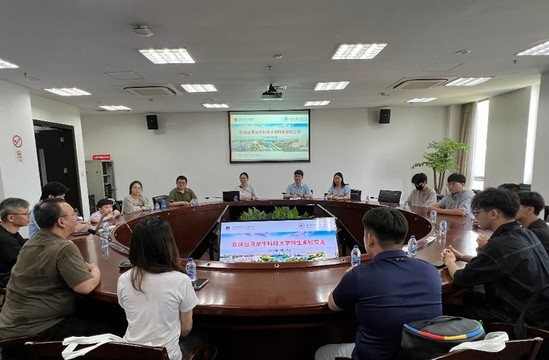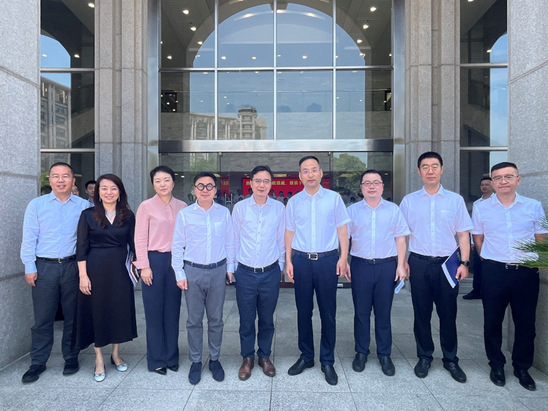Recently, the China Engineering Education Professional Accreditation Association officially released the results of the 2021 engineering education professional accreditation. After self-assessment of programs, on-site or online examination by reviewers, deliberation of sub-committees, deliberation of the accreditation results review committee and other procedures, a total of 422 programs in colleges and universities across China have passed the accreditation. Two programs at SUES, Vehicle Engineering, and Material Science and Engineering, are listed among them, and the accreditation validity period is six years. A total of 460 programs in colleges and universities across China continue to maintain the validity period, and four programs at SUES, Chemical Engineering and Technology, Environmental Engineering, Fashion Design and Engineering, and Transportation, are listed among them, and the accreditation period is 6 years. Up to now, a total of 10 programs at SUES have passed the professional accreditation of Chinese engineering education.
Participating in the professional accreditation of engineering education is an important measure to promote the reform of engineering education and improve the quality of engineering education. In 2016, China became a full member of the Washington Agreement, an international mutual recognition agreement for undergraduate engineering degrees. This means that the students who have passed the professional accreditation of engineering education can obtain engineer qualifications in relevant countries or regions in accordance with the requirements of professional engineers, which will provide engineering students with a pass with international mutual recognition of quality standards to the world. Whether it can pass the professional accreditation has become an important indicator of the development achievements of the construction of engineering programs in a university.
This time the two programs at SUES, Vehicle Engineering and Material Science and Engineering, passed the professional accreditation of engineering education, and these are great achievements of the professional construction work at SUES after the certification of eight programs such as Pharmaceutical Engineering, Chemical Engineering and Technology. Furthermore, these achievements play a further role in promoting the continuous construction of engineering programs at SUES and continuously improving the level of engineering education and the quality of talent cultivation.






